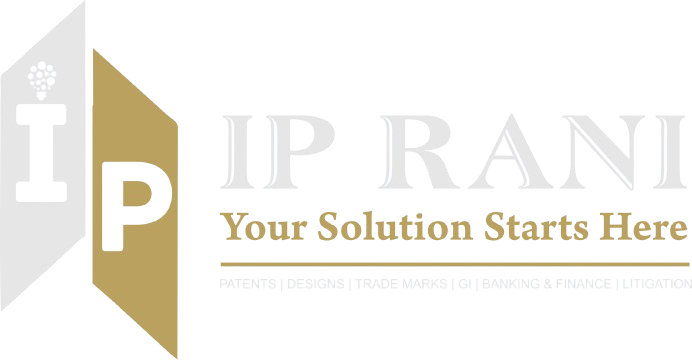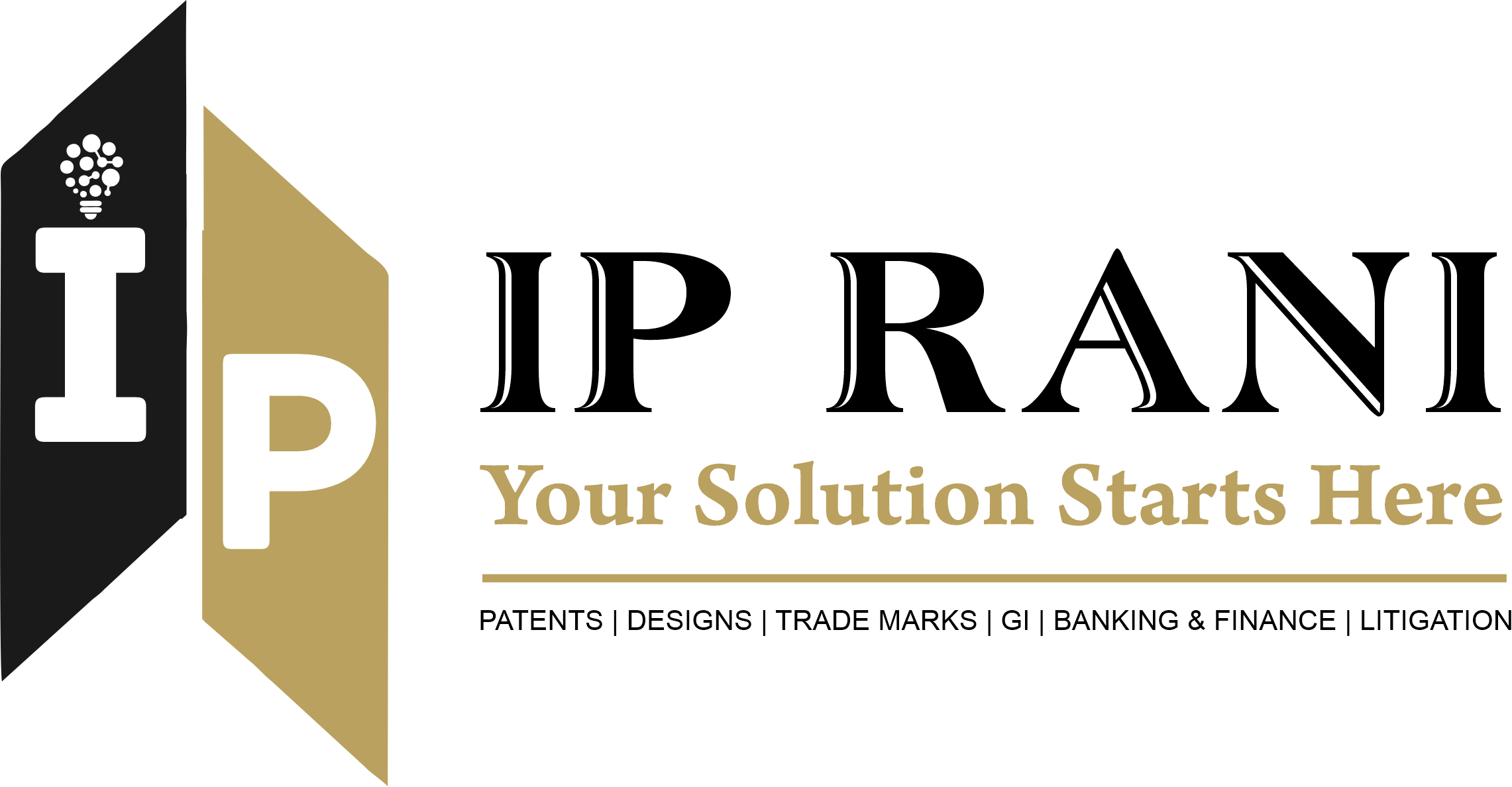What is a Patent Examination Report?
A patent examination report, also known as an Office Action, is a detailed document issued by a patent examiner after reviewing a patent application. It outlines the examiner’s findings regarding the patentability of the invention, including any objections, rejections, or issues that must be addressed before the patent can be granted.
When is the Examination Report Issued?
- The examination report is issued after the patent examiner conducts a thorough review of the patent application. This review is initiated once the applicant requests the examination and pays the necessary fees. The timeline for issuing the examination report can vary depending on the jurisdiction and the backlog at the patent office, typically occurring several months to a few years after the request for examination.
How to File a Reply to an Examination Report
Steps to File a Reply:
1. Review the Examination Report:
- Carefully read and understand all objections, rejections, and prior art references cited by the examiner.
2. Consult a Professional:
- Engage a patent attorney or agent to interpret the examiner’s objections and develop a strategic response plan.
3. Analyze Prior Art:
- Conduct a detailed analysis of the prior art references to understand their relevance to your invention.
4. Draft a Response:
- Prepare a detailed response addressing each objection. This typically involves:
Arguments:
-
- Presenting legal and technical arguments to rebut the examiner’s objections.
Amendments:
-
- Making necessary amendments to the claims, description, or drawings to overcome the objections.
Evidence:
-
- Providing additional evidence or documents to support the patentability of the invention.
5. Submit the Reply:
- File the reply with the patent office within the prescribed time frame, ensuring all procedural and formal requirements are met.
Why is it Mandatory to File a Reply?
- Filing a reply to the examination report is mandatory to keep the patent application active. Failure to respond within the given time frame can result in the application being deemed abandoned or rejected. A timely and comprehensive reply is crucial for addressing the examiner’s concerns, advancing the application process, and increasing the likelihood of obtaining a granted patent.
Deadline to File a Reply
- The deadline to file a reply to an examination report varies by jurisdiction (6 months in INDIA) but is typically within 2-6 months from the date of issuance of the examination report. Extensions may be available under certain circumstances but usually require formal requests and payment of additional fees.
Main Objections in an Examination Report
1. Lack of Novelty:
- The invention is not considered new in light of prior art references.
2. Lack of Inventive Step (Obviousness):
- The invention is deemed obvious to someone skilled in the relevant field based on existing knowledge.
3. Insufficient Disclosure:
- The application does not adequately describe the invention, making it difficult for someone skilled in the art to reproduce it.
4.. Ambiguous or Broad Claims:
- The claims are unclear, overly broad, or not sufficiently supported by the description.
5. Formal Deficiencies:
- Issues with the application format, such as incorrect terminology, missing sections, or non-compliance with formal requirements.
Why a Professional is Required to File a Reply
1. Expert Knowledge:
- Patent attorneys have specialized knowledge of patent law, procedures, and technical language, enabling them to effectively address complex objections.
2. Strategic Responses:
- Professionals can develop strategic responses and amendments that strengthen the application and improve the chances of overcoming objections.
3. Efficient Process Management:
- They manage the process efficiently, ensuring timely submissions and compliance with all legal requirements.
4. Minimizing Errors:
- Professionals minimize the risk of errors in the response, which can lead to rejection or delays.
5. Negotiation Skills:
- Experienced attorneys can negotiate with patent examiners, presenting persuasive arguments and leveraging case law to support the application.
6. Protecting Intellectual Property:
- Engaging a professional helps ensure that the applicant’s intellectual property rights are fully protected and enforceable.
Conclusion
- A patent examination report is a critical document in the patent application process that outlines objections and issues regarding the patentability of an invention. Responding to this report promptly and effectively is mandatory to keep the application active and move towards a patent grant. The deadline to file a reply varies by jurisdiction, and involving a professional is highly recommended due to their expertise, strategic capabilities, and ability to navigate complex legal and procedural requirements.
We provide diverse services in the Patent field including:
- Patent Searches
- Patent drawings and illustrations
- Patent Watch
- Patent Drafting
- Patent Filing
- PCT International Application Filing
- Convention Patent Filing in other countries
- PCT National Phase Application
- Convention Patent Application in India
- Patent prosecution
- Patent Grant
- Response to Office Action
- Patent hearings
- Licensing and Recordals
- Compulsory Licenses
- Pre Grant Opposition
- Post Grant Opposition
- Patent Invalidation Actions
- Foreign Filing License


